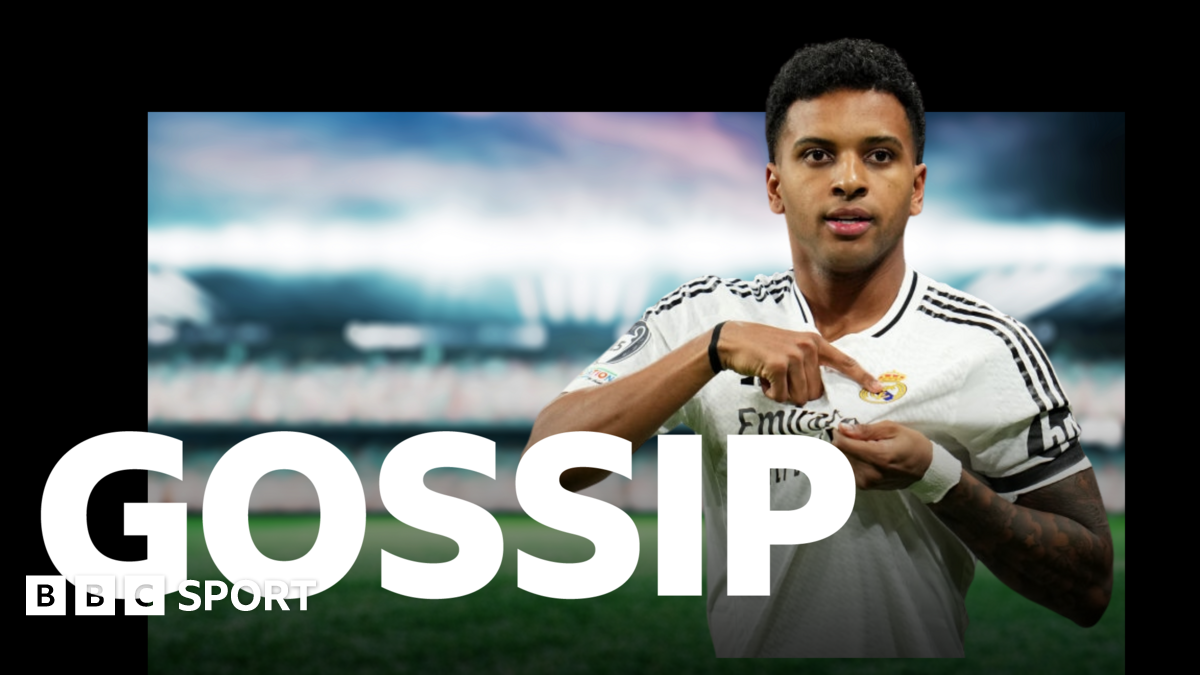
Son Heung-Min. A Tottenham icon. A goal-scoring machine. Now, according to reports, Spurs are eyeing Real Madrid's Rodrygo as a potential replacement. The immediate reaction? Intrigue. But scratch beneath the surface, and a more complex picture emerges, particularly when we consider the implications of age profile.
Let's be blunt: Son, at 33, isn't getting younger. The data supports this. While his goal contribution remains significant, key performance indicators like sprints per game and distance covered are on a downward trajectory. This is natural. Age catches up. Rodrygo, at 24, represents a significant drop in the age profile. The upside? Increased longevity, potential resale value, and a player theoretically entering his peak years. The downside? Inexperience in the Premier League and the inherent risk that comes with adapting to a new league, a new culture, and a new tactical system.
Here’s where the comparative analysis gets juicy. Son's tactical contributions aren't solely about goals. His work rate, his understanding of the high press that Postecoglou favours, and his leadership are invaluable assets. Can Rodrygo replicate these aspects of Son's game *immediately*? That's the million-dollar (or rather, multi-million-dollar) question. Rodrygo is undoubtedly talented, showcasing flashes of brilliance for Real Madrid, often operating in a fluid front three where interchanges are frequent and individual brilliance is encouraged. Spurs, under Postecoglou, operate with a more defined structure, requiring wingers to track back diligently and contribute defensively.
Consider this: Replacing an established, high-performing player nearing the end of their peak is a common footballing strategy. But the success hinges on minimizing the disruption to the team's overall performance. Spurs risk a temporary dip if Rodrygo needs a significant adjustment period. The data suggests that players taking time to adapt to the physical intensity and tactical nuances of the Premier League is a fairly common trend, especially South American players. Could this mean a change to Postecoglou's high-octane tactical approach? It's unlikely, but it adds another layer of complexity.
Manchester United potentially matching Newcastle's bid for Sesko presents a different, yet parallel, age profile consideration. United, in dire need of a reliable striker, are seemingly opting for potential over proven pedigree. Sesko, 22, offers a long-term solution, but unlike a seasoned veteran, he's not a guaranteed immediate impact. The age profile of their squad as a whole becomes a key determinant, are they looking to build for the future, or immediately challenge for the title? These questions are unanswered.